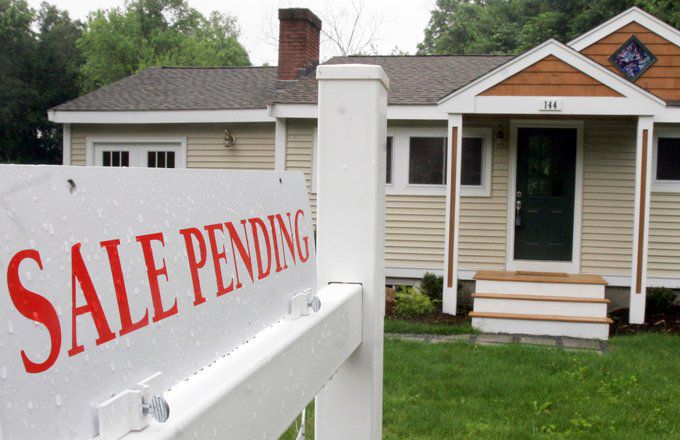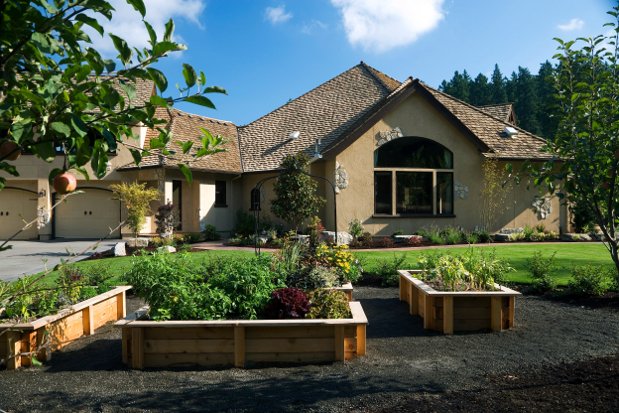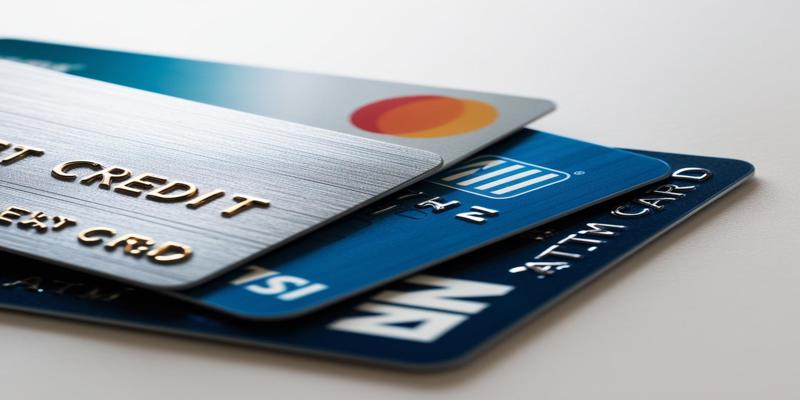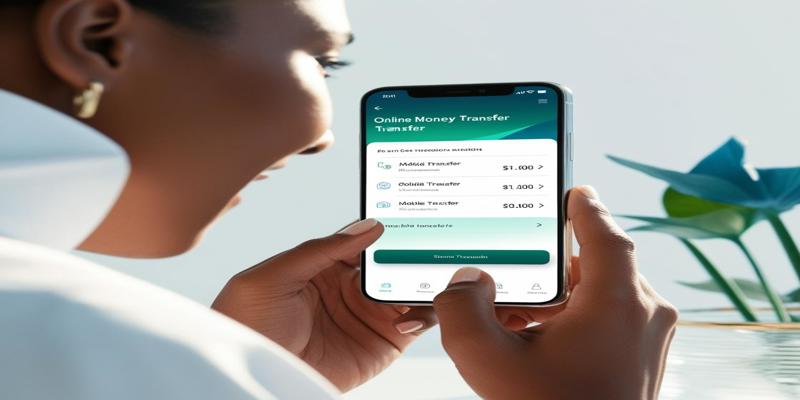Buy a HUD Home
Nov 03, 2023 By Susan Kelly
You must submit a bid immediately after the HUD home is listed for sale if you are interested in purchasing it and making it your primary residence. Individuals who plan to live in a HUD home have 30 days to place a bid before investors can do so. You need to have everything in order before looking for a property. Pre-approve for a mortgage within your price range. You may be eligible for state grants or down payment assistance programs if you don't have the funds. There are many ways to make a down payment if you don't meet the criteria.
Once you have the financial resources to make quick decisions, you will need a team to assist you in making a deal. HUD-approved realtors are required to submit your bid. You can find the HUD website. You will need to locate someone who can inspect any property you choose. There are many HUD listings online that only show one picture. This may not be the best way to go. If your bid is accepted, you will need to find a trusted home inspector to get an official inspection quickly.
Once you have ready your team, down payment, and preapproval letter, you can start looking. While your realtor should send you offers directly, it's a good idea also to check the HUD website for any new information regularly. After selecting a property to buy, you should do an exterior inspection to ensure that there are no obvious problems you don't want to deal with. Then, your realtor should submit a bid as soon as possible.
To ensure that you don't get stuck if there are major issues, make sure your offer includes a home inspection clause. HUD will contact you if your bid is successful. Your realtor will then need to complete HUD-specific paperwork by the deadlines. It is essential to find a HUD-experienced realtor. It is important to get the home inspection done quickly. If the property passes, you can move in as soon as your home closes. This usually happens between 30 and 60 days after the bid has been accepted.

Financing HUD Homes
HUD doesn't finance HUD homes directly, but several government agencies do. There are many options available. These include conventional mortgages, USDA rural development loans with no down, VA loans with zero down, and FHA loans. Conventional mortgages can be harder to get for certain HUD homes because HUD doesn't allow repairs before closing. Lenders may also require repairs to approve a loan.
Many HUD homes need extensive repairs. The FHA 203(k), available to those who don't have enough money to pay for the repairs, may be an option. This program was established to revitalize and empower low-income homeowners to fix their homes. This program is a loan to repair a home using a construction loan from the FHA. It covers repairs such as foundation, roofing, and plumbing.
Be realistic about your budget when it comes to financing. One of the most important lessons from the housing bust is buying a home with affordable mortgage payments and low-interest rates. Online mortgage calculators can help determine how much monthly mortgage payment and closing costs you can afford. Many other factors could affect your decision to buy. Window shopping is fine, but make sure to get financing quickly. Buyers may find the house they want but lose it to someone else because their loan approval has not been granted.

Positives
Although HUD homes are often cheaper than traditional homes, this is not always true. HUD homes are unique in that they can be the best, and sometimes only, option for low- and moderate-income buyers who want to own a home in hot markets. A computer selects the winning bid for a HUD house based on net profit. This doesn't consider percent down, source funds, contingencies, or types of loans. This is in contrast to homes that are not HUD. It can be difficult to compete with cash buyers, who often waive inspections and offer no contingencies.
HUD will only accept offers from those who intend to live on the property for at least 30 days. This prevents investors from driving up the cost of the property by bidding wars. Buyers eligible for HUD-specific incentives programs can take advantage of extremely low down payments (as low as $100) and steeply discounted properties (as high as 50%).








